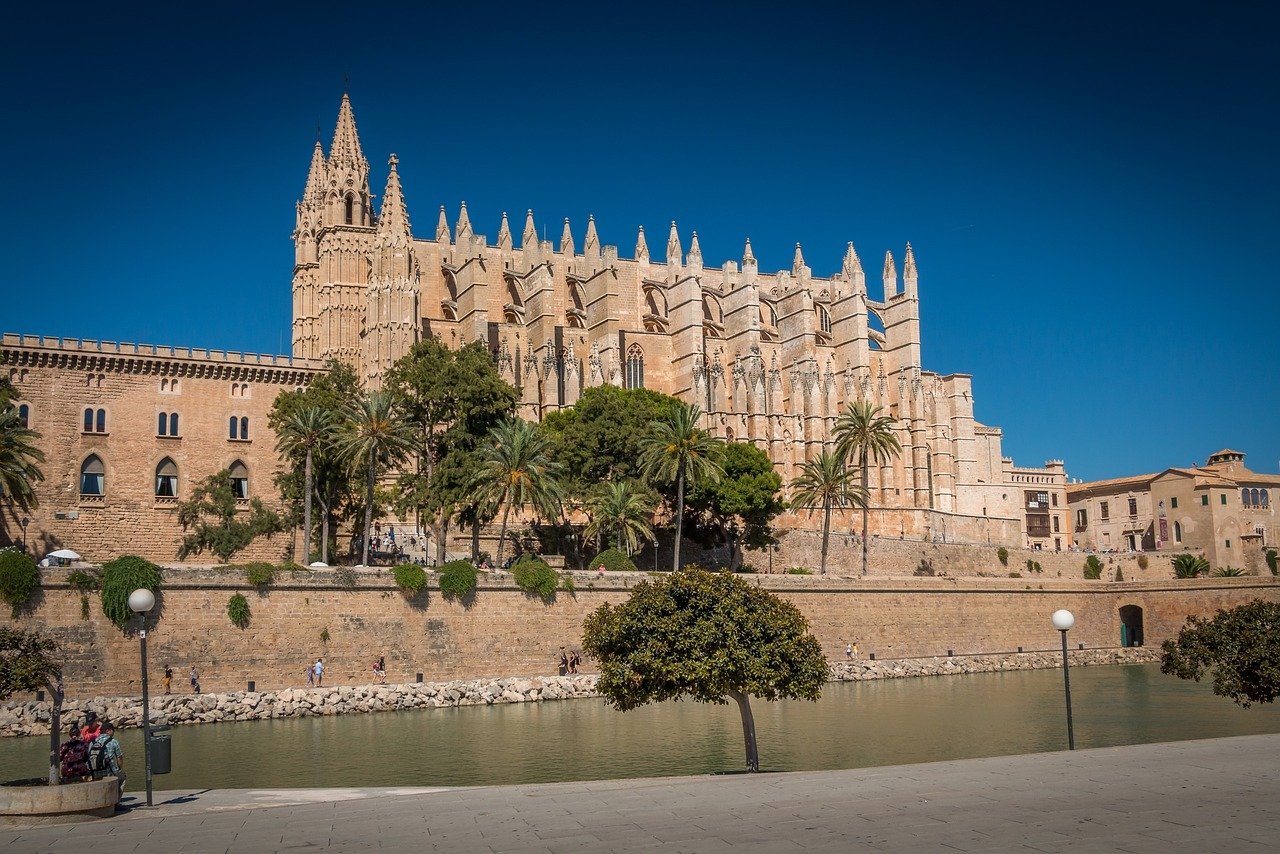Sheffield is a vibrant city in South Yorkshire. It has a long history, beginning when the Romans built their fort there in about the year 70 AD. The Romans left the city but returned sometime later and built a new fort in Roman times. Whatever else they did, the Romans made it an important place for trade with northern Britain, Ireland, continental Europe and beyond—a central point for merchants to go from one end of Britain to another. Today’s Sheffield lies on the south bank of the River Sheaf (which runs through the city) and was part of a larger settlement until 1699 when it was separated from nearby Hallam by act of parliament. In 1897, several coal mines opened up around Sheffield that would ultimately shape the town as we know it today. The most famous industry in Sheffield is steelmaking, which began at Steel Hall, now known as Steel Genesis, in 1743—the world’s first blast furnace for making steel. To this day, steel remains an important industry in Sheffield and its surrounding villages—and that’s not all! Whether you’re interested in history or just looking to escape urban life and experience nature at its best, here are 10 things you need to know about this beautiful city:
The Romans in Sheffield
This city has a long history and was an important point of trade and transport in Roman times. The Romans built a fort there called Mamucium (once the home of a trader called Mamuil). They then built another fort and trading post called Ickleworth, which was the first fort built on the south bank of the River Sheaf—the river that runs through the city center. Above the two forts were wooden walkways, which were later replaced by stone ones. The Romans also discovered a key steel-making process in Sheffield. They built a furnace at Steel Genesis, now known as Steel Hall, in 1743, the world’s first blast furnace for making steel. In 1553, an Italian named Abraham Darby started making cast iron by heating pig iron (iron ore) in a blast furnace.
Medieval Sheffield
When the Romans left in the 6th century, the city of Sheffield stayed on but it really took off in the Middle Ages. King Henry VIII lived in Sheffield and even visited one day. An important part of the city’s medieval history was the wool trade. Despite the fact that Sheffield no longer has a large wool industry (it lost that trade in the 19th century), the city remains closely associated with wool.
The Industrial Revolution in Sheffield
The early 19th century was a dramatic time for Sheffield. The Industrial Revolution was already underway in Britain but the Sheffield area saw it at its most rapid—particularly with the steel industry. By the mid-19th century, Sheffield was one of the most important places in Europe for iron and steel—and it still is!
The Cultural Quarter in Sheffield
The city is home to several museums and art galleries, including the Art Gallery, the City Museum and the Hallam Gallery, which features British art from the 19th century. The Fitzwilliam Museum is a huge place that holds a huge variety of artifacts from around the world, from China to Africa. Another important aspect of Sheffield’s cultural heritage involves its music. The city has produced many renowned musicians and bands, including The Who (of Pete Townshend fame), The Smiths, Arctic Monkeys and many more.
Foodie Bit of Sheffield
As with many cities, Sheffield has a bustling food scene that includes lots of great restaurants, cafes and bars. If you like your food British, you can’t go wrong with a traditional fish and chip, a curry or a good steak. If Indian food is more your style, there are several great restaurants. For something more adventurous, try something new, like an African dish or a Mediterranean dish.
Sports and Recreation in Sheffield
Sheffield is a major sports city and it’s home to several professional sports teams, including the Sheffield Eagles (basketball), the Sheffield Steelers (ice hockey), and the Sheffield Sharks (netball). The city is also a hub for many different types of sports, including rugby, cricket, golf, boxing, fencing, swimming and more. There are also many parks and green spaces where you can go hiking, cycling, jogging or just relaxing. If you like outdoor activities, you can’t go wrong in Sheffield.
Where to Stay in Sheffield?
Whether you’re looking for a budget hotel or an upscale five-star hotel, you’ll find it in Sheffield. Some of the cheapest hotels you’ll find there are youth hostels, which start at £12 per night. The £15 nightly rate is a bit more expensive, but they come with free bed linens and towels. More expensive hotels start at £65 per night. If you’re traveling with friends or family and don’t want to pay for separate rooms, you can book a hotel that sleeps six to a room or a guesthouse that sleeps four to a room. You can find great deals on hotels and guesthouses in Sheffield at hotels.com. If you’re traveling to Sheffield during the summer, make sure to visit the National Water Sports Museum. It’s free and open from 10:00 a.m. to 5:00 p.m. every day.
Final Words
Sheffield is a beautiful city with a rich history and a thriving modern culture. It’s an easy place to explore and has plenty of outdoor activities and sights to enjoy. Whether you’re planning to stay for a few days or a few weeks, you won’t regret visiting this historic city.
Image by kev Bourne from Pixabay















